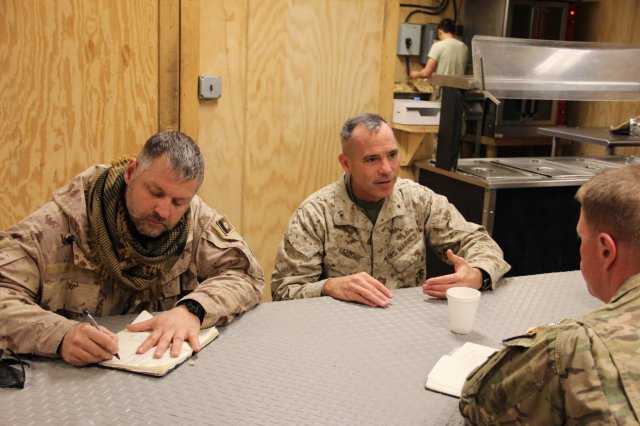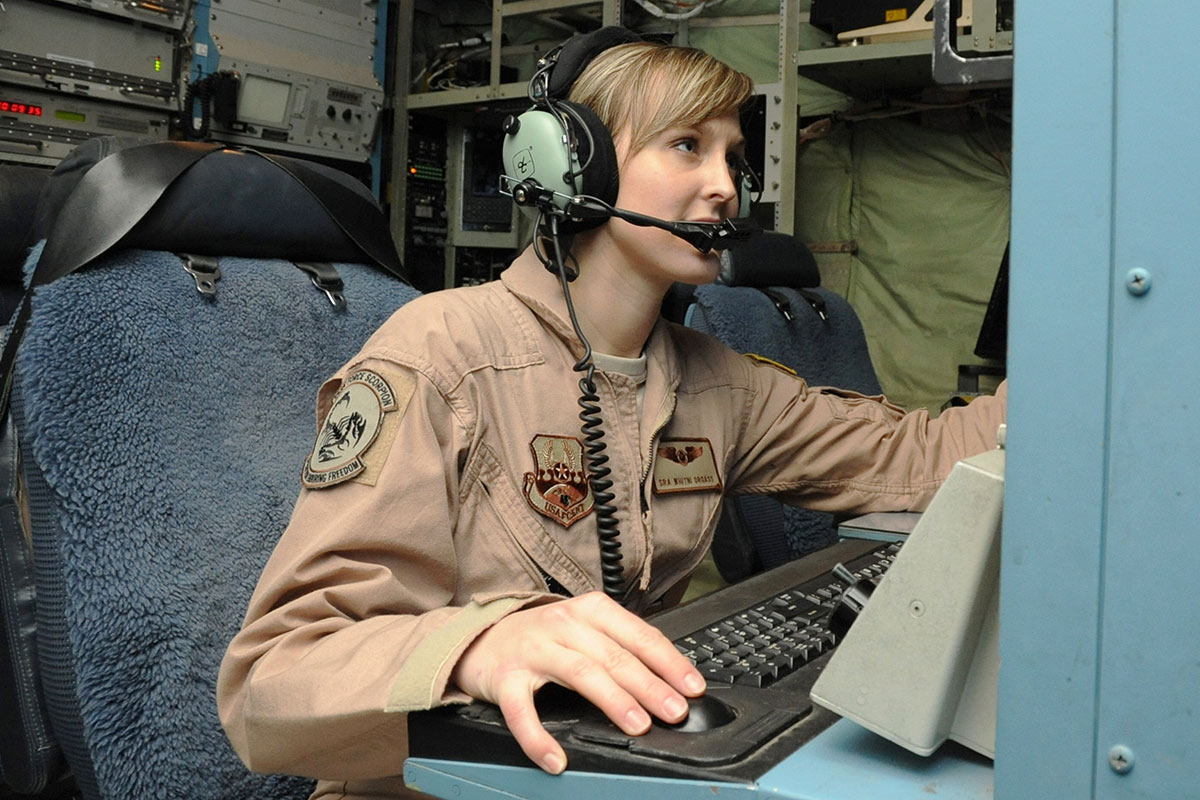

While he was there, he fell in love and married the daughter of an American businessman. Lasswell would spend three years studying the Japanese language in country from 1935 to 1938. Although I guess I’ve made more use of it than anyone they’ve ever sent out there in all the years they have.” And I still didn’t think that I was the right choice. I don’t know how … It happened so damn fast that I was dizzy over the thing. He got in his car, went to Washington D.C., and delivered it. He wrote a two-page endorsement on the thing. ‘To the Commandant Marine Corps, via chain-of-command and so forth …’ And in paragraph one, ‘It is requested I be assigned to the study of the Japanese language.’ Paragraph two, ‘I am not married.’ And I signed it. Lasswell …’ I think I was still a second lieutenant … I may have been a first at that point. And I said, ‘From Second Lieutenant Alva B. “… So I went back to my little cubicle … company office there, and … I thought about this thing and I said, ‘This is silly.’ So I wrote - and it’s still in my file here - a little … I typed it up myself ‘cause I didn’t want to make a big thing out of it. So, when we had finished and there was a little loll in the conversation I said, “Well, it looks like somebody’s going to get a soft job.” And he says, “I saw that, Lasswell … you write a request. I’ll see you get it.” Just like that. “… I was just trying to keep the conversation going so that it didn’t sound as though I had all my feet in my mouth, you know. He remembered years later that he was surprised at his commander’s reaction when he brought it up at the end of the meeting. While he didn't think he was a good fit because of his lack of educational background, he thought it was an amazing opportunity for someone else. He took with him a copy of the Marine Bulletin that had an interesting ad about language immersion training in Japan and Russia. He had no idea why he was wanted for the meeting, but he wanted to make sure he had something to talk about if conservation lagged. Before that, in the mid-1930s, he was working in the base supply, when he was told to report to his commanding officer. Lasswell, USMC, who would go on to translate critical messages concerning the Battle of the Coral Sea, Battle of Midway, and the shootdown of Japanese Admiral Isoroku Yamamoto, among others. One of the people sent to this language training was 2nd Lt. The participants were also frequently tested, either with written tests or on field trips to various places of cultural interest.

For several hours a day, native Japanese speakers came to their homes to teach the language. Embassy as military liaisons, but their sole purpose was to learn the language.
#Duties of a marine linguist full
In 1918, the Navy started sending small groups of sailors for a three-year, full immersion program in Japan. They decided that immersion training was the best way to achieve that goal.

Navy leadership wanted experienced naval personnel who also understood Japanese. The majority of the people who understood Japanese were either Japanese heritage speakers or missionaries. However, the U.S. Finding students who had studied Japanese was nearly impossible though. In the interwar period, finding American students who had studied German, Italian, or other European languages wasn't particularly difficult. side in WW I) and that the country would need Japanese language analysts in that fight. Navy that it might have to fight Japan at some point (though Japan had been on the U.S. After WWI, Japan was seen not only as a potential threat to other countries in the region, but to American economic and military interests. In the early 20th century, Japan was becoming a major naval power. However, one of the participants, NSA Hall of Honor member Col Alva Lasswell, may never have studied the Japanese language if not for a serendipitous meeting. Navy saw an ever-increasing threat from the Empire of Japan, the leadership decided to set up a language program to train naval personnel as skilled language analysts. Language analysts have always been an important part of intelligence work.


 0 kommentar(er)
0 kommentar(er)
